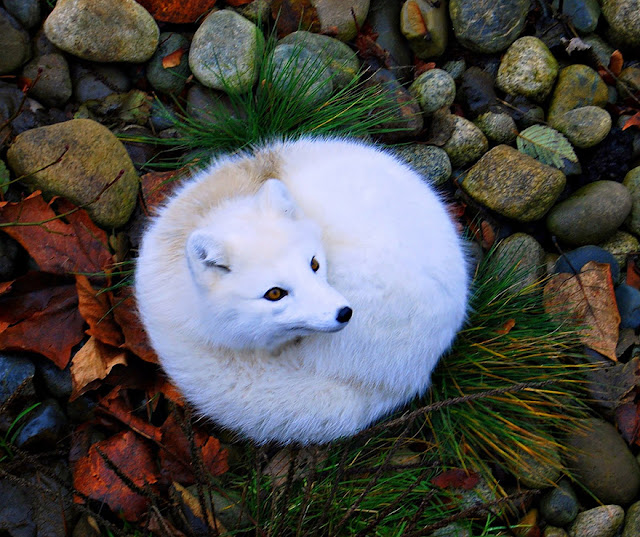We can imagine how much you people love foxes, so
we got an idea to introduce you some of the most beautiful and striking types
of foxes out there so you’d know which type of fox is your favorite! The red
fox (Vulpes vulpes) normally comes into mind when you hear the word “fox,”
diverse and adaptive genus has species all over the world which makes sense
since it can be found throughout the Northern hemisphere all of which are
particularly adapted to flourish in their environments. If you really love
foxes then you have to think they look better in the wild than they do around
someone’s neck, then you will certainly love seeing all of these foxes in their
natural element! Well, Fennec foxes, mostly native to North Africa and the
Sahara desert, for surely distinguished by their large ears, which serve to
dissipate their body heat. These ears give them such good hearing that they can
even hear their prey moving under the sand. The Fennec foxes cream-colored fur
helps them deflect heat during the day and stay warm at night. However, the red
fox is the largest, most wide-spread and, as a result, the most distinct
species of all the foxes. They can be found throughout the Northern Hemisphere
and in Australia as well. They are very agile hunters and have been known to
jump over 2m tall fences.
The “arctic marble fox,” also a member of the red
fox species, is not a naturally occurring coloration and it was bred for its
fur by humans. Although gray fox, which lives throughout North America, is
distinguished by its “salt-and-pepper” upper coat and black-tipped tail. This
fox is one of the only canids capable of climbing trees. The silver fox is in
fact the same species as the “red fox” they simply have diverse pigmentation
variations. The silver fox was, at one time, one of the most valuable fur foxes
that could be found ever. They’re still bred and farmed for their fur and can
be found throughout the Arctic Circle. Moreover, their thick fur keeps them
from shivering in extreme temperatures as low as -70 degrees Celsius (-94
Fahrenheit). These foxes have comparatively short legs and snouts, which
supports them to keep their surface area down and retain heat. The cross fox is
yet another color variant of the red fox. It is most common in North America.

















No comments:
Post a Comment